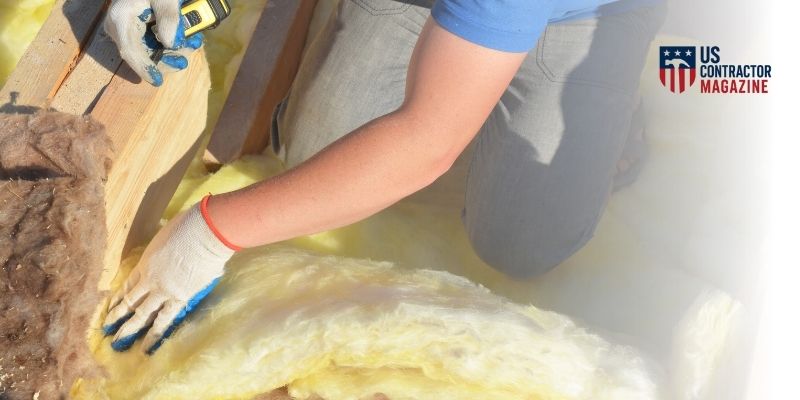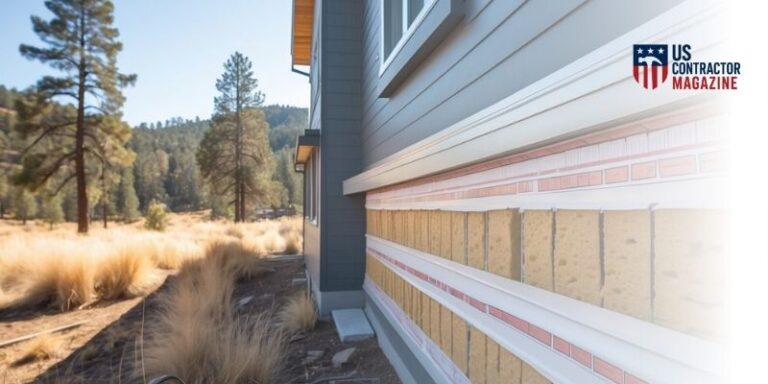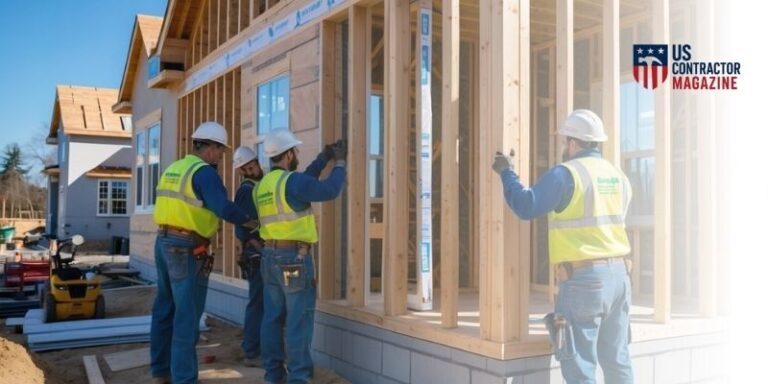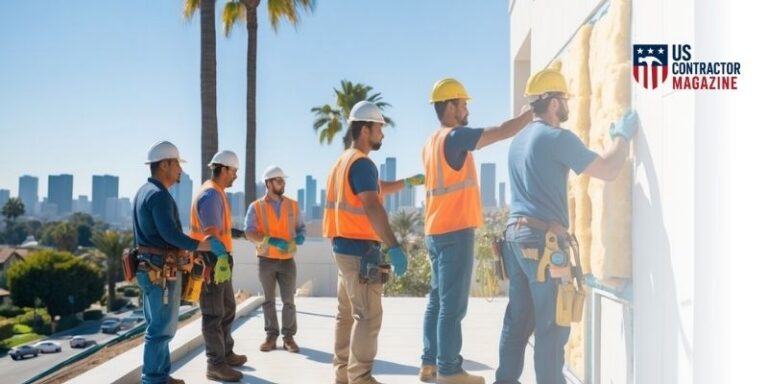
As the global construction industry seeks greener alternatives to conventional building materials, hemp-based insulation is emerging as a promising solution that benefits both the environment and local economies. Once stigmatized for its association with cannabis, hemp is now being embraced for its remarkable thermal properties, carbon-negative footprint, and potential to drive sustainable job creation.
A Low-Carbon Alternative With High Impact
Unlike fiberglass or plastic-based insulation, hemp insulation is biodegradable, non-toxic, and absorbs carbon dioxide throughout its lifecycle. Studies suggest that hempcrete—used for both insulation and structural support—can sequester more carbon than it emits during production, transportation, and use.
In addition to its eco-friendly credentials, hemp insulation provides excellent thermal and acoustic performance, making it a viable replacement in residential and commercial construction. As governments intensify efforts to decarbonize the building sector, hemp-based solutions are gaining traction globally.
Driving Economic Resilience Through Local Supply Chains
One of the most compelling aspects of hemp insulation is its potential to stimulate rural economies. Cultivating hemp requires relatively low water and no pesticides, and can be grown in a variety of climates. This means local farmers can grow and supply hemp to nearby processing facilities, reducing transportation emissions and creating regional circular economies.
A recent study conducted by a UK-based research team highlights how hemp-based building materials can support local job creation, especially in underserved communities, while also contributing to national climate goals.
Market Outlook and Challenges Ahead
The demand for hemp insulation is growing steadily, yet challenges remain. Regulatory uncertainty, limited processing infrastructure, and public awareness are key barriers to wider adoption. However, advocates argue that targeted policies, subsidies, and education campaigns could accelerate the shift toward hemp-based construction.
As global green building standards evolve, hemp insulation may play a crucial role in redefining how we build—and who benefits from it.







